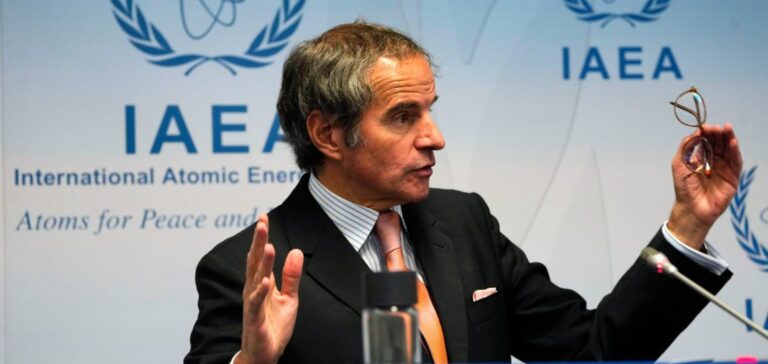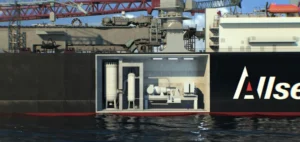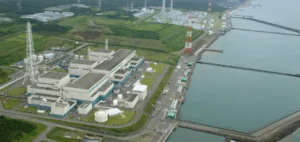The International Atomic Energy Agency (IAEA) has concluded that Iran failed to declare nuclear materials and activities at three separate sites, according to a confidential report submitted to member states. The document, requested by the agency’s 35-nation Board of Governors, could lead to a joint resolution by the United States, France, the United Kingdom and Germany declaring Iran in breach of its non-proliferation commitments.
The identified sites are Lavisan-Shian, Varamin and Turquzabad. At Lavisan-Shian, a disc of uranium metal was used twice in 2003 in tests related to the production of explosively driven neutron sources, a technology associated with nuclear weaponry. The IAEA considers these actions part of a structured and undeclared nuclear programme conducted until the early 2000s.
Diplomatic pressure and uranium stockpile
Iran’s stockpile of uranium enriched up to 60% — close to the 90% level needed for a nuclear weapon — has reached 408.6 kg, according to a second report released by the IAEA. This quantity, if further enriched, would be sufficient for the production of nine nuclear weapons. Iran remains the only country enriching uranium to such levels without officially possessing nuclear arms.
In response to the findings, the four Western powers plan to submit a resolution during the Board of Governors’ meeting scheduled for the week of June 9. It would mark the first formal declaration of non-compliance for Iran in nearly two decades.
Parallel negotiations with the United States
Despite the tense backdrop, discussions between Iran and the United States continue. On May 30, U.S. President Donald Trump stated that the two countries were “fairly close” to reaching a nuclear deal. “I think we have a chance of making a deal with Iran,” he said, adding that any agreement should include strict inspection mechanisms.
An Iranian official warned that any threat against the country’s nuclear facilities would cross a “red line.” Tehran also summoned Austria’s chargé d’affaires following the release of an intelligence report claiming Iran’s nuclear programme was “well advanced.”
Saudi mediation and regional warnings
Saudi Defence Minister Prince Khalid bin Salman delivered a message to Iran’s Supreme Leader Ali Khamenei urging Iran to take the U.S. proposal seriously. The closed-door meeting on April 17 in Tehran brought together top Iranian officials, including President Masoud Pezeshkian. According to sources familiar with the matter, Riyadh is concerned about a possible military escalation in the region.
The coming weeks will be critical. If adopted, the resolution may prompt a renewed acceleration of Iran’s nuclear programme and have lasting effects on bilateral negotiations. Iran maintains that its nuclear activities are solely for civilian purposes.






















